(CLO) With the Social Media Minimum Age Act, Australia has become the first country to experiment with tightening social media regulation. Technology companies such as TikTok and Meta have reacted strongly, while Australian people and authorities firmly defend this ban.
Social networks worry and protest
Social media companies are criticising the Australian government 's decision to ban children under 16 from using their platforms, saying the rule leaves "many unanswered questions".
The law, passed by Australian lawmakers on Thursday, would see social media platforms such as TikTok, Facebook, Snapchat, Reddit, X and Instagram face fines of up to A$49.5 million ($32 million) if they fail to prevent children under 16 from opening accounts.
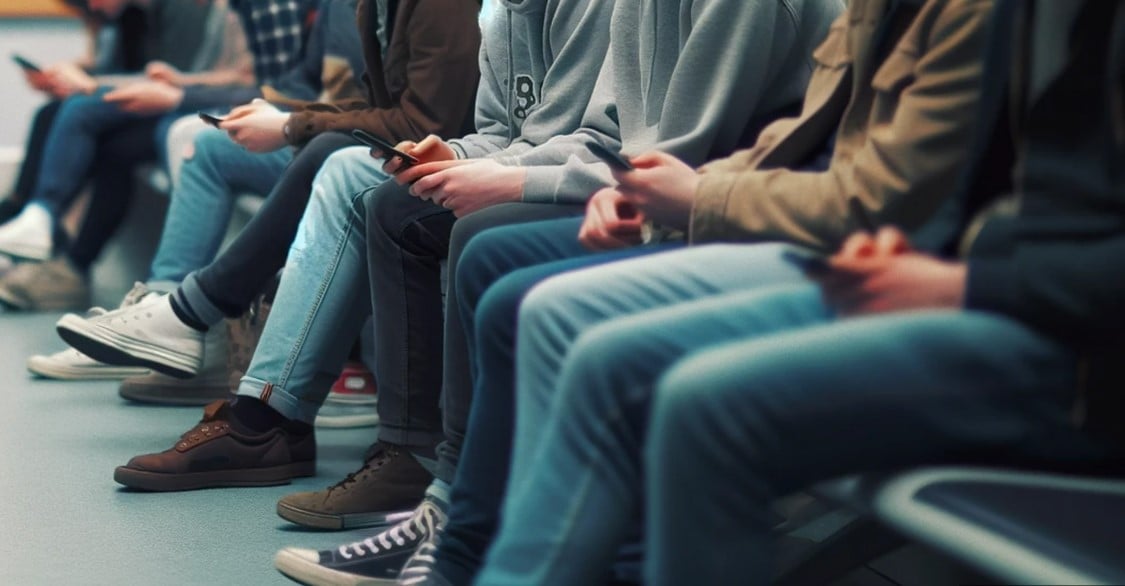
Children under 16 will be banned from using social networks in Australia. Illustration photo: Unsplash
Meta, the company that owns Facebook and Instagram, said the new law was rushed. “We are concerned that the law was passed in a hasty manner, without sufficient evidence and without due regard for the work that tech companies have done to protect young people,” they said.
A Snapchat spokesperson said the company had raised “serious concerns” about the new law and that there were still “many unanswered questions” about how it would work. However, the company pledged to work closely with the Australian government to develop an approach that balanced “privacy, safety and practicality” to ensure compliance with the law.
As for TikTok, the video platform also expressed “disappointment” over Australia’s decision, with a TikTok spokesperson warning that the ban could push young people into “darker corners of the internet.”
The majority of Australians and the government support
However, the majority of Australians and governments support the ban. Prime Minister Anthony Albanese said young Australians should “turn off their phones and go to the football field, the cricket field, the tennis and netball courts, the swimming pool”, instead of spending so much time on social media with its addictive features.
Mr Albanese also noted that the implementation of the ban might not be perfect, like current alcohol restrictions, but he insisted it was "the right thing to do".
He stressed that cracking down on social media platforms would deliver “better and less harmful outcomes for young Australians”.
He said social media platforms had a "social responsibility" to prioritise child safety, and sent a message that the Australian Government supported parents in protecting their children from the negative impacts of these platforms.
The ban has faced some opposition from privacy advocates and some children's rights groups, but 77% of Australians support it, according to recent polls.
The new law does not, however, provide details on how the regulations will be enforced. A court hearing on how to enforce the measure will begin in January, and the ban will take effect after a year.
Social media platforms will not be allowed to ask users to provide government-issued IDs or digital identification through state systems to verify their age. In addition, underage users and their parents will not be subject to penalties.
Will more countries follow Australia's lead?
Other countries are closely watching Australia’s implementation as a precedent for similar policies of their own. In June, Spain proposed a bill to raise the age for social media use from 14 to 16.
Last year, France also proposed a ban on social media for users under 15. However, many people were able to get around this by asking their parents for permission. Under the new law in Australia, this is also not allowed.
Meanwhile, in the US, for decades, tech companies have had to ask for parental permission to collect data from users under 13.
China has also imposed restrictions on minors' access to social media platforms since 2021. Under Chinese regulations, children under 14 are not allowed to spend more than 40 minutes a day on social media platform Douyin, the country's version of TikTok.
Ha Trang (according to DW)
Source: https://www.congluan.vn/phan-ung-cua-cac-ben-sau-khi-uc-cam-tre-em-su-dung-mang-xa-hoi-post323533.html


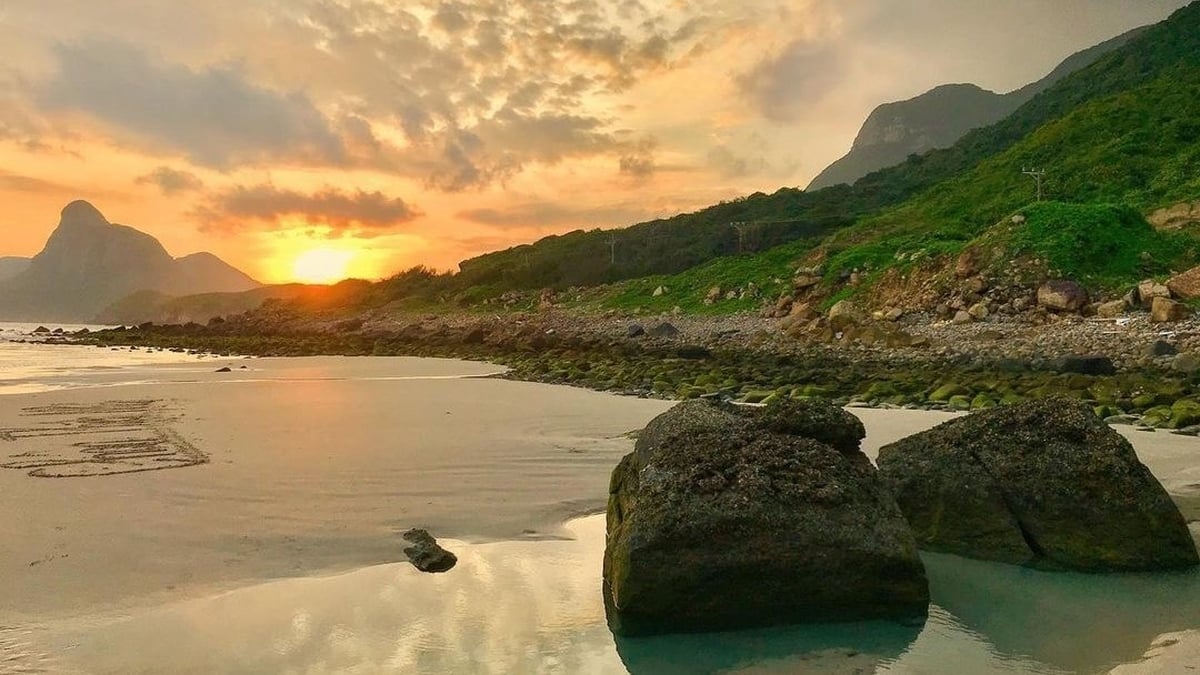
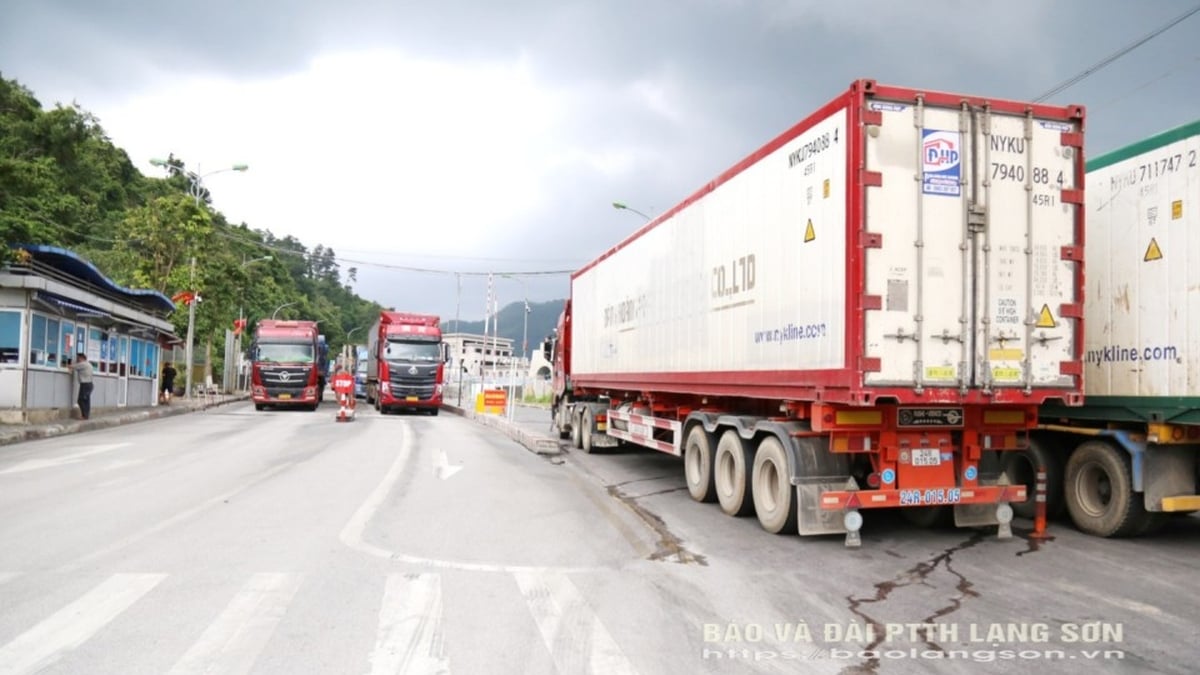
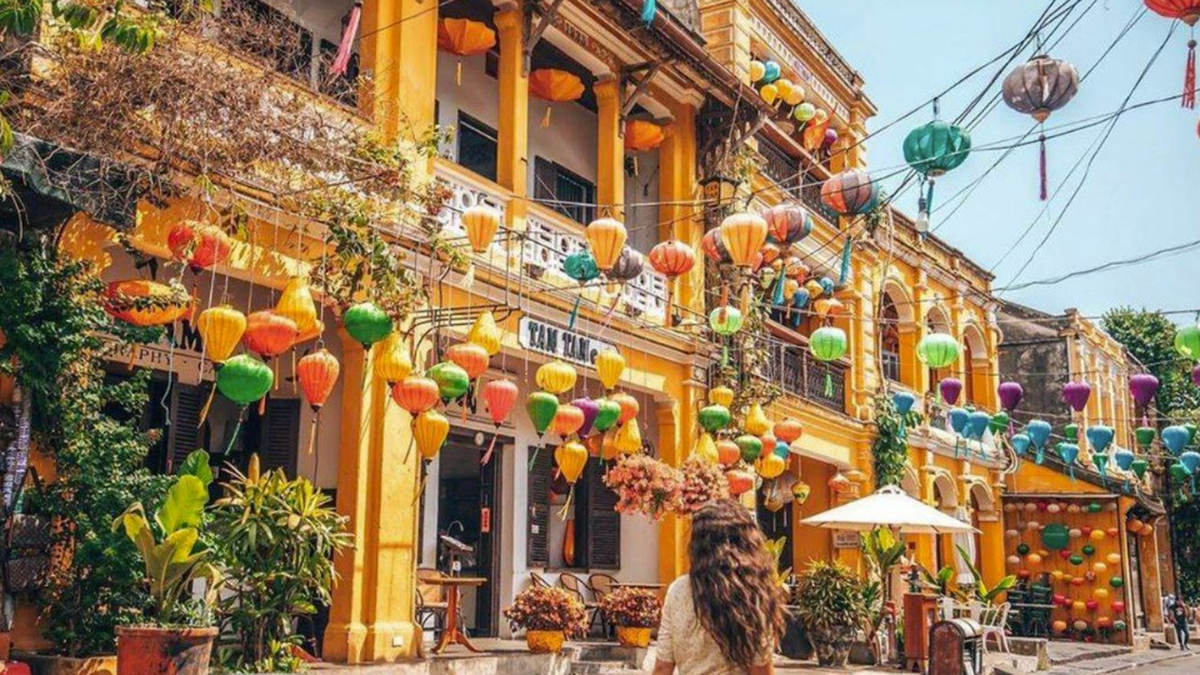
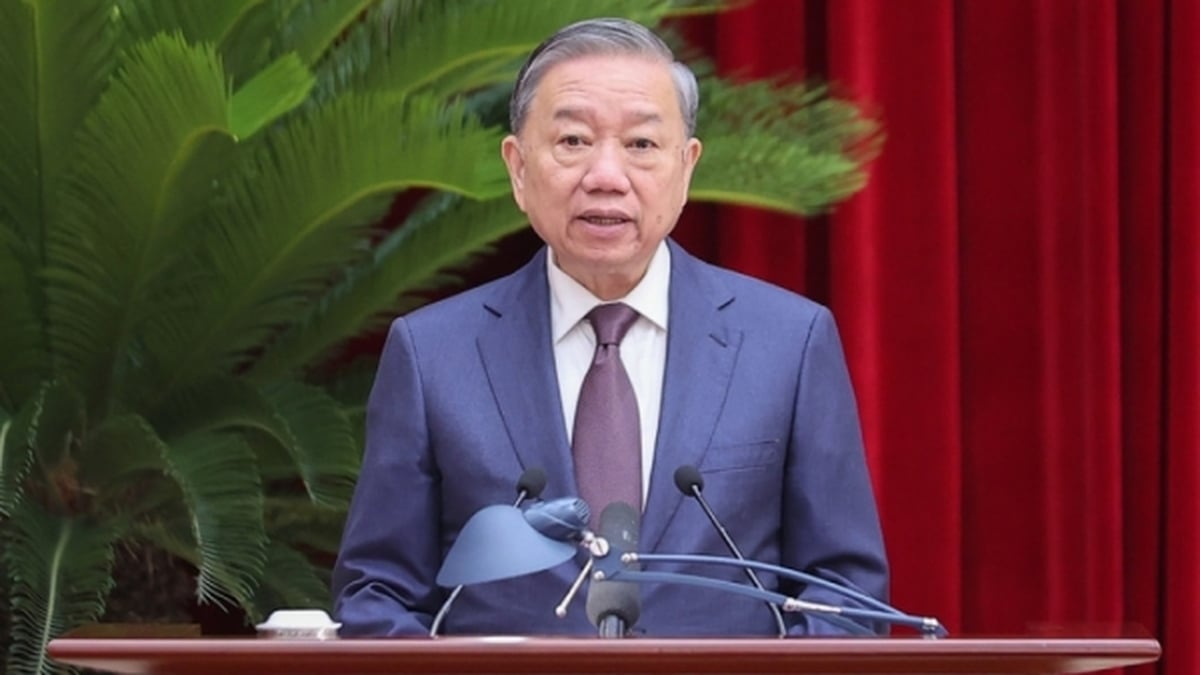
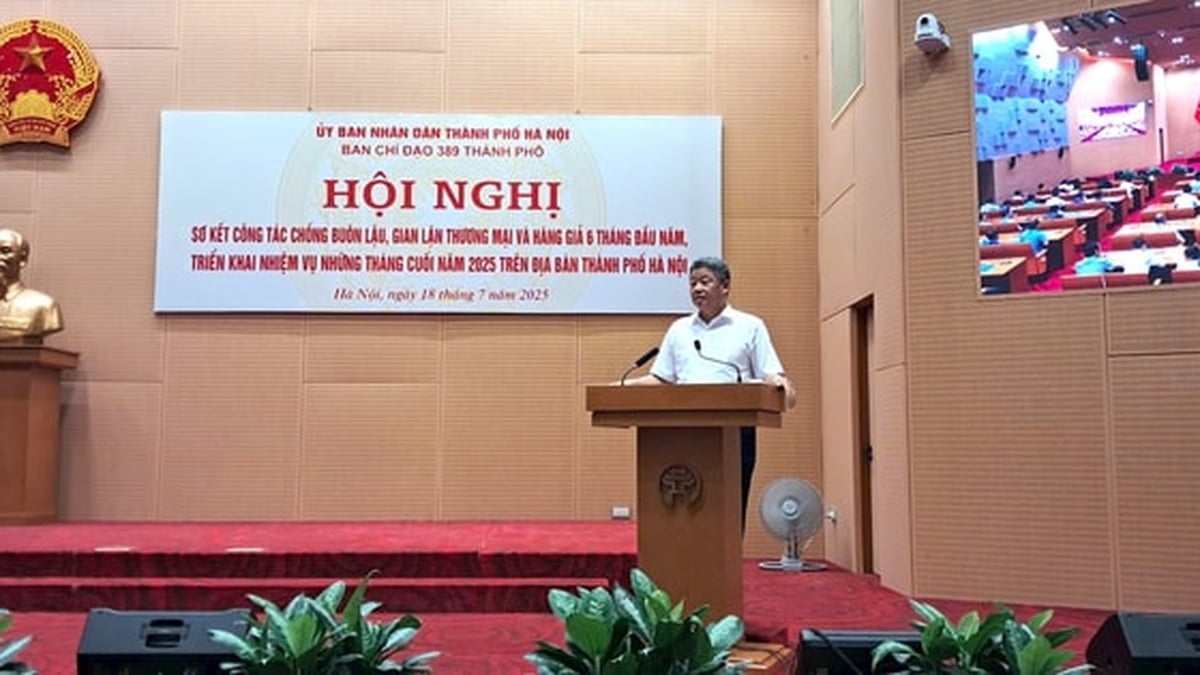

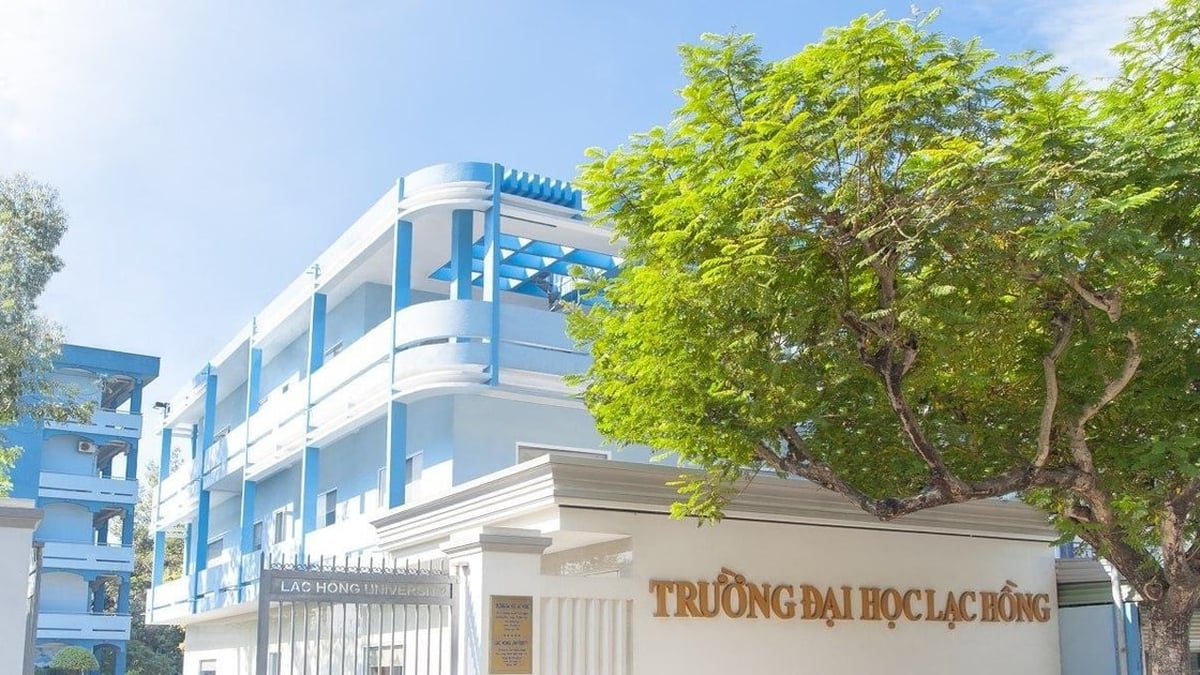

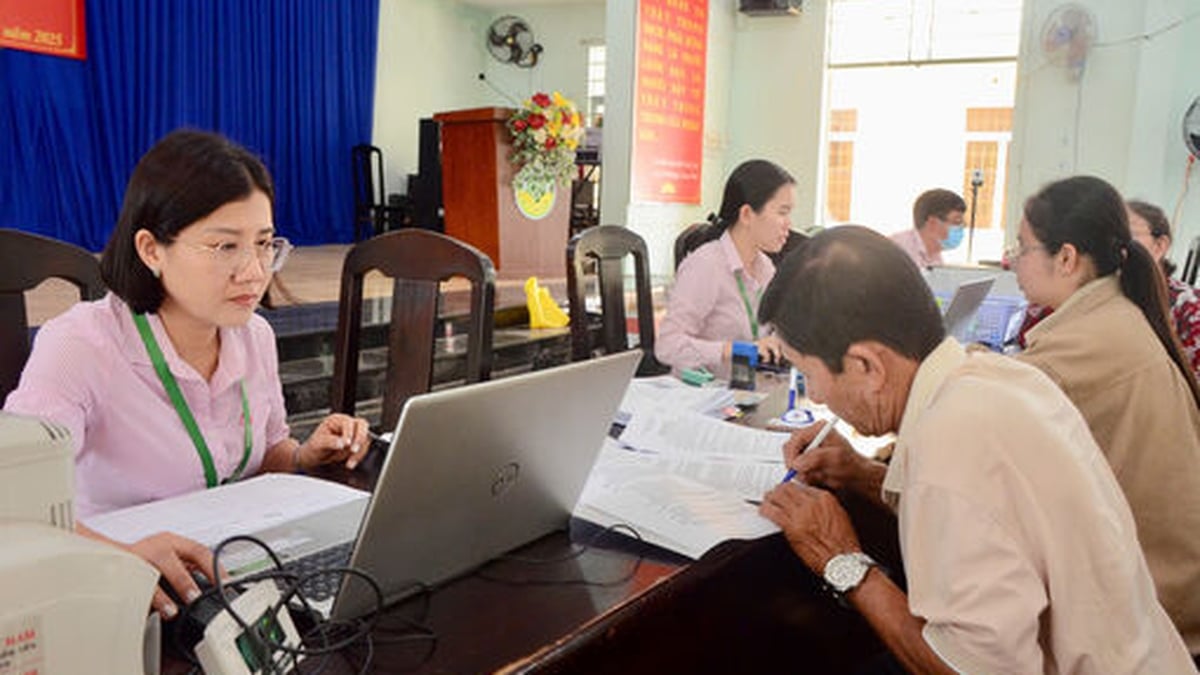
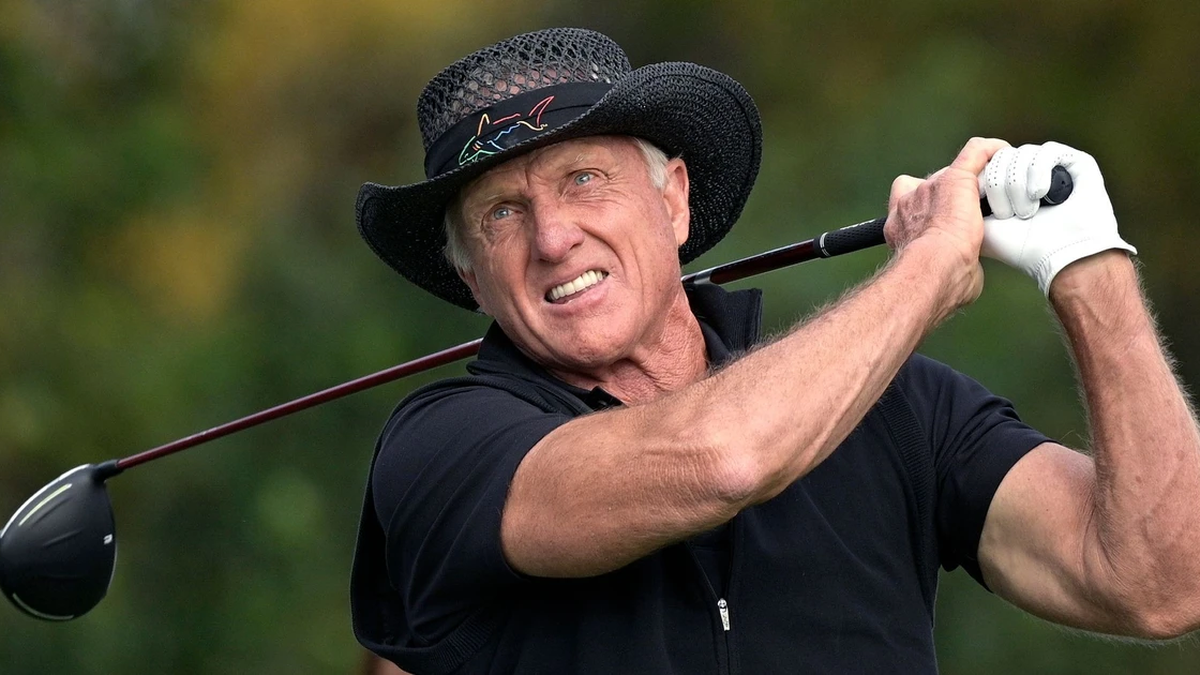


















































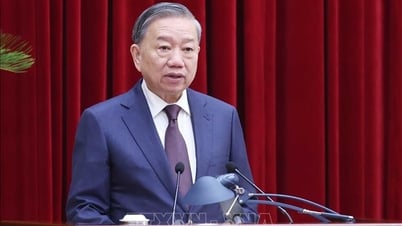

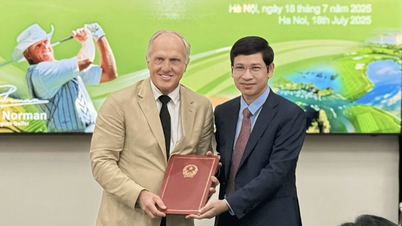

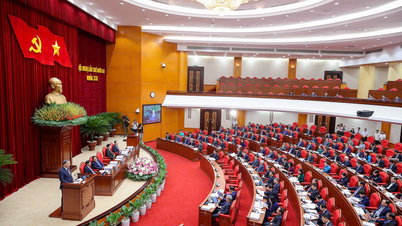




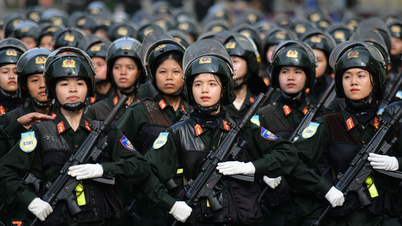


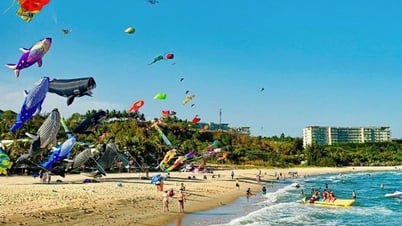



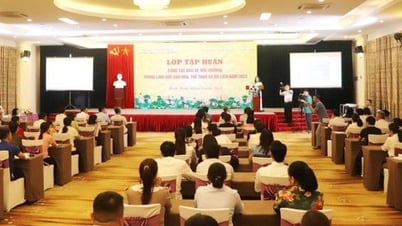









![[Infographic] In 2025, 47 products will achieve national OCOP](https://vphoto.vietnam.vn/thumb/402x226/vietnam/resource/IMAGE/2025/7/16/5d672398b0744db3ab920e05db8e5b7d)













Comment (0)